
Brain Injury
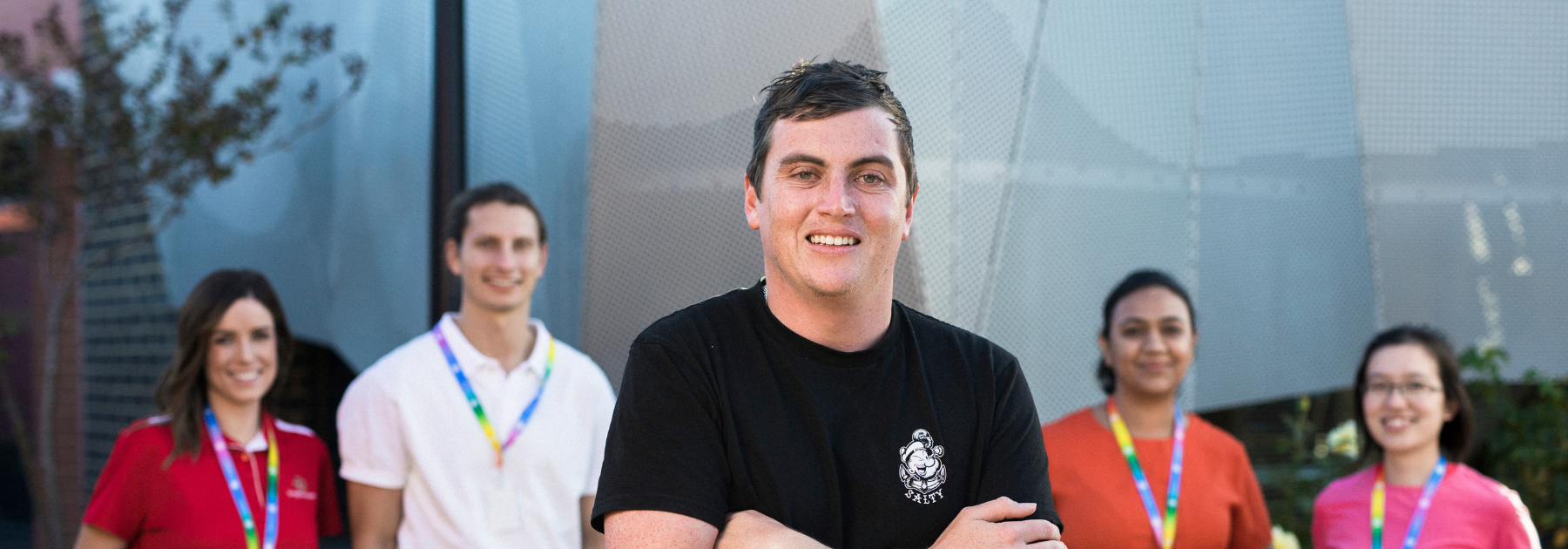
What is an acquired brain injury (ABI)?
An acquired brain injury, or ABI, refers to any damage to the brain that occurs after birth. This damage can affect the way a person thinks, moves, communicates, feels, or manages everyday tasks. This damage can happen in different ways, like an accident, a stroke, or a disease. Because the brain controls everything we do, a brain injury can make everyday activities - like talking, walking, or remembering things - much harder. Some people recover well with time, therapy and support, while others experience lifelong changes and will need ongoing specialist care.
Types of ABI – Traumatic and Non-traumatic Brain Injury
Acquired brain injuries are generally grouped into two categories: traumatic and non-traumatic.
Traumatic Brain Injury (TBI)
A traumatic brain injury happens when an external force causes damage to the brain. This might occur from a fall, car accident or sporting injury and can be from a single isolated incident or repeated head impacts over time.
Non-traumatic Brain Injury
Non-traumatic brain injuries occur when something internal affects the brain’s function. This can happen suddenly or develop gradually over time.
Common causes include:
- Stroke – when there is a blockage to blood flow or a bleed in the brain
- Tumours – growths in or around the brain that damage surrounding tissue
- Infections – such as meningitis or encephalitis, which cause inflammation and swelling
- Lack of oxygen (hypoxia or anoxia) – from events like cardiac arrest, near-drowning or respiratory failure
- Toxic exposure – including alcohol-related brain injury or poisoning
- Degenerative neurological conditions – such as Parkinson’s disease, Alzheimer’s disease, other dementias or Huntington’s disease, where brain cells progressively deteriorate over many years
A quick note: Whilst degenerative neurological conditions such as Parkinson’s disease, Alzheimer’s disease and Huntington’s disease can technically be considered a form of brain injury because they affect how the brain works over time, in practice these conditions are usually referred to by their specific name, rather than as an ‘acquired brain injury.’
How brain injuries affect people
No two brain injuries are the same. People may experience changes in:
- The way they communicate – this might include understanding what is said to them, finding the right words to express themselves, speaking clearly.
- The way they think – this might include memory, problem solving, making safe decisions, getting started on tasks.
- Their physical abilities – this might include the way they move around, balance, coordination, use of hands, ability to swallow, feeling fatigued.
- The way they respond in different situations – this might include changed behaviour, changes to mood or emotional regulation, and changes to social interactions.
Some effects are visible, while others are less obvious. Because many impacts are cognitive or behavioural, acquired brain injuries are often called “hidden disabilities.”
With the right therapies, routines and specialist support, like those offered at Brightwater, many people learn new strategies, regain skills and improve their independence over time.
How we support someone living with a brain injury
Every brain injury is different, and every Brightwater client has a different history and goals. That’s why we believe it’s essential to provide client-driven support for people living with acquired brain injury (ABI). Our rehabilitation support is individually tailored to each person and is adjusted as goals are attained or needs change.
Brightwater’s unique approach to acquired brain injury has been internationally recognised for achieving breakthrough results. Our phased rehab program fuses therapy with everyday living scenarios, to improve a client’s current abilities or help them relearn lost abilities. The program helps people achieve independence so they can enjoy an independent, community-based lifestyle.
Discover our Brain Injury Model of Care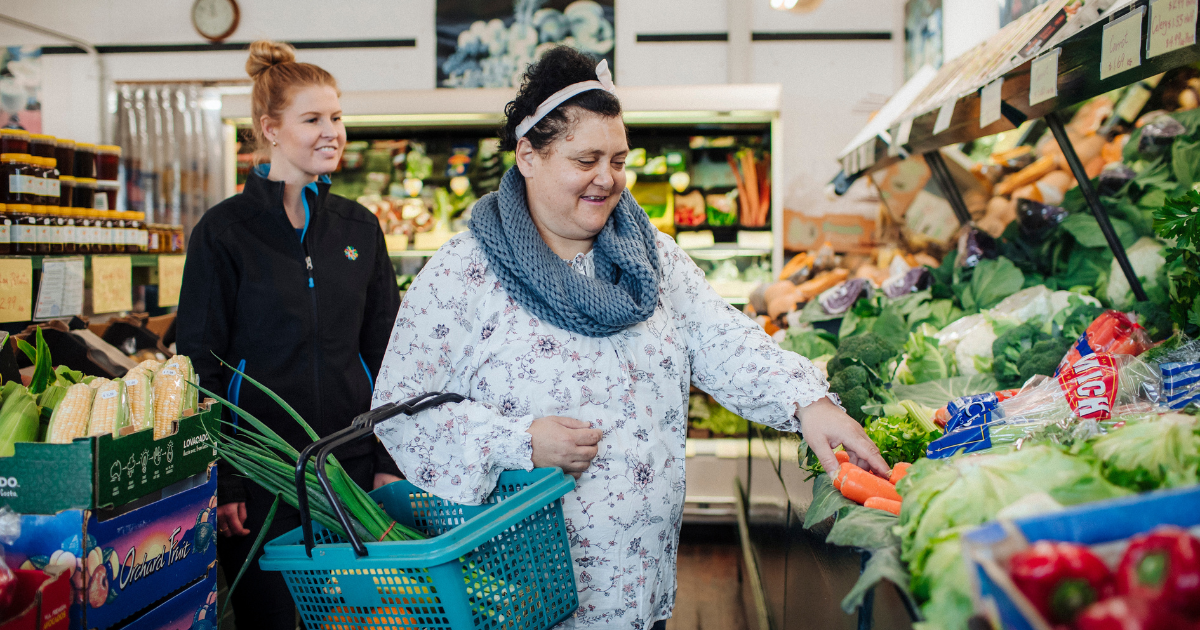
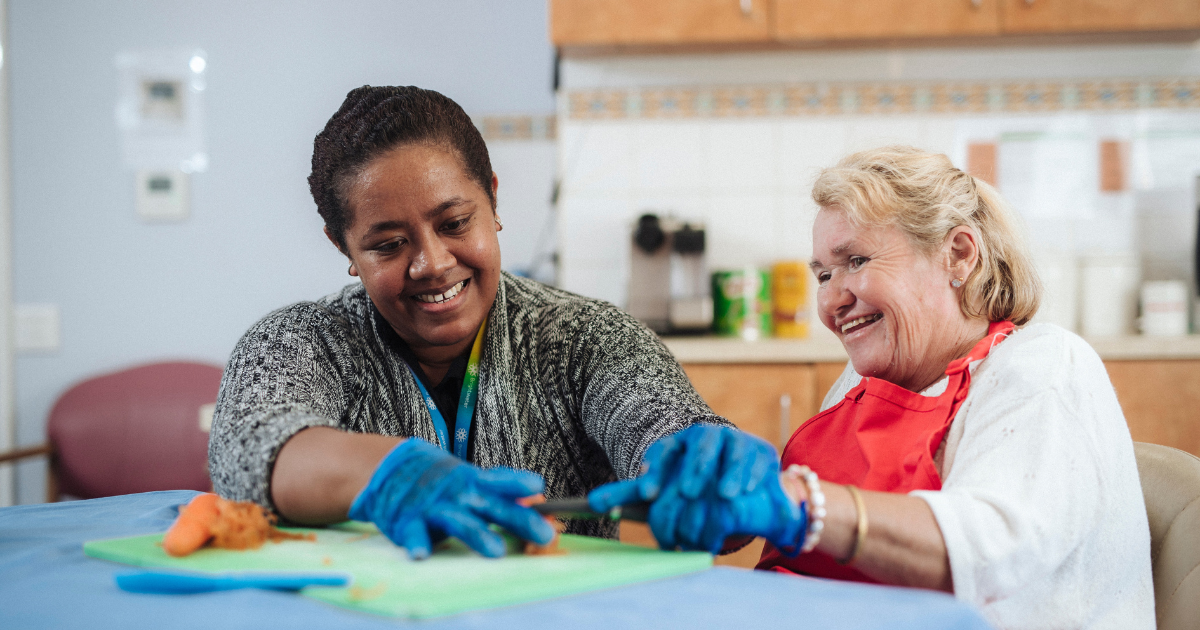
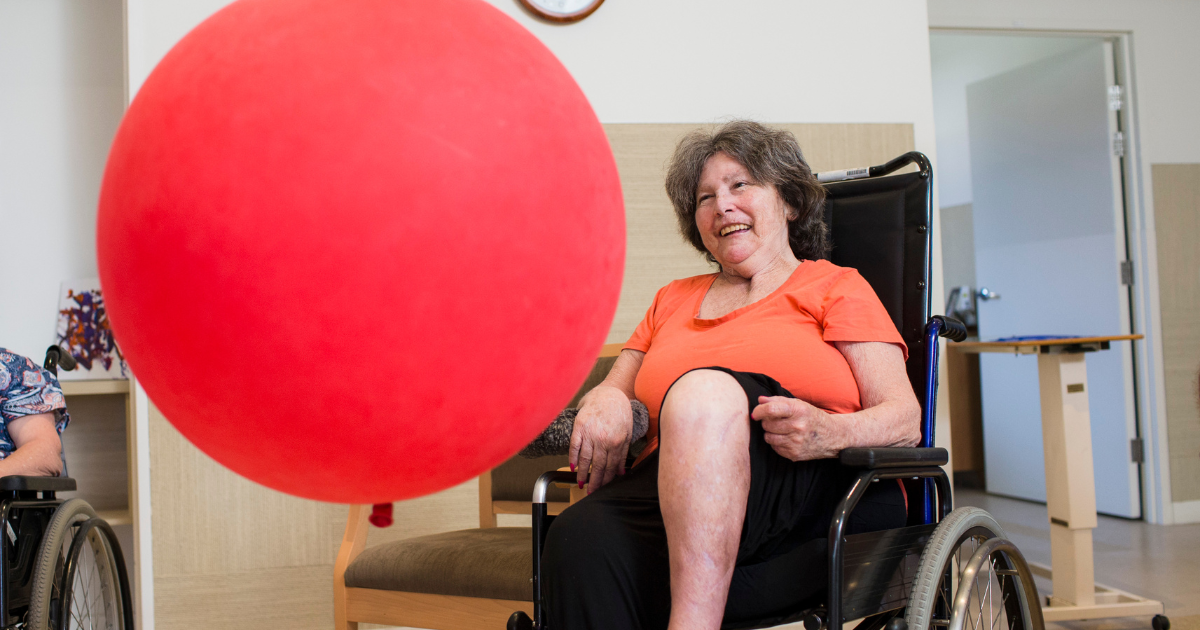
Oats Street Program - Brain Injury Rehabilitation in Perth
Brightwater Oats Street is a one-of-a-kind residential facility designed for people with ABI. Purpose-built and guided by more than three decades of research, Oats Street gives people with highly complex needs the right support, environment and time needed to maximise their potential. The immersive experience begins with fully supported accommodation, then clients graduate to the next phases of the program as they achieve new milestones. The program typically takes 12 to 24 months, with many people returning to independent living when they finish the program.
Find out moreBrightwater’s Capacity Building Team
Brightwater Capacity Building services operate on a team-based model to fully support someone living with acquired brain injury. It includes 40 health professionals with the depth of knowledge and skills to assist people with highly complex needs to achieve a better quality of life. Clients benefit from a wide range of services such as physiotherapy and occupational, dietetics, and speech therapy that address every aspect of independence and quality of life, including social connection and community participation.
These services are available to people with NDIS funding, as well as those accessing private or self-funded therapy, ensuring support is flexible and accessible no matter how someone’s care is funded.
Find out more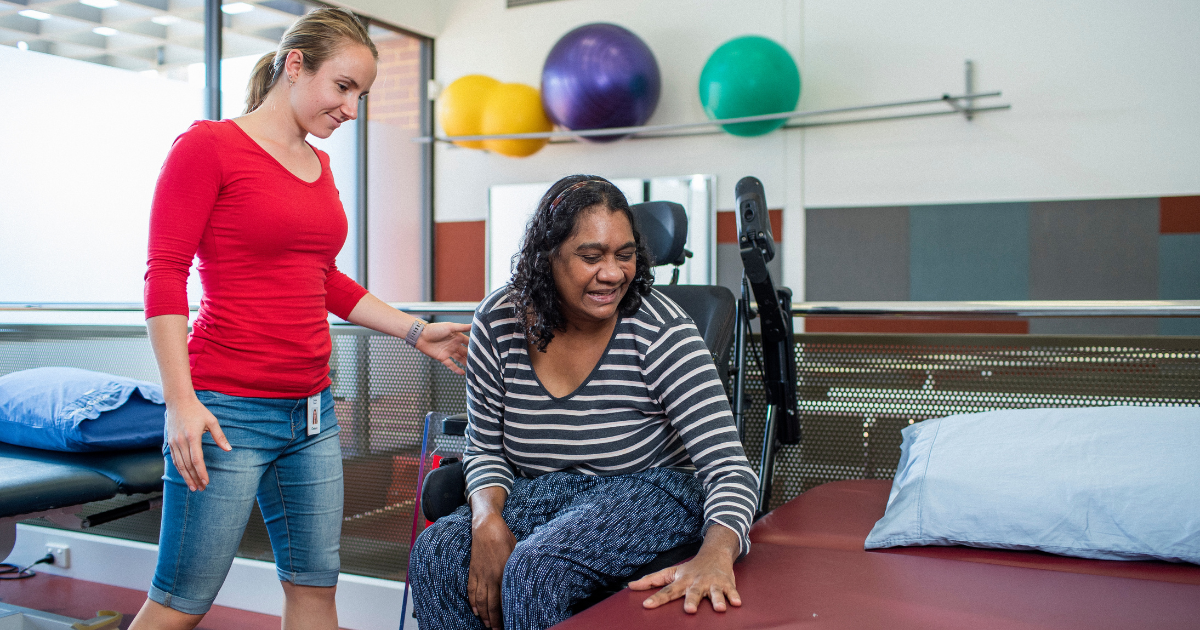
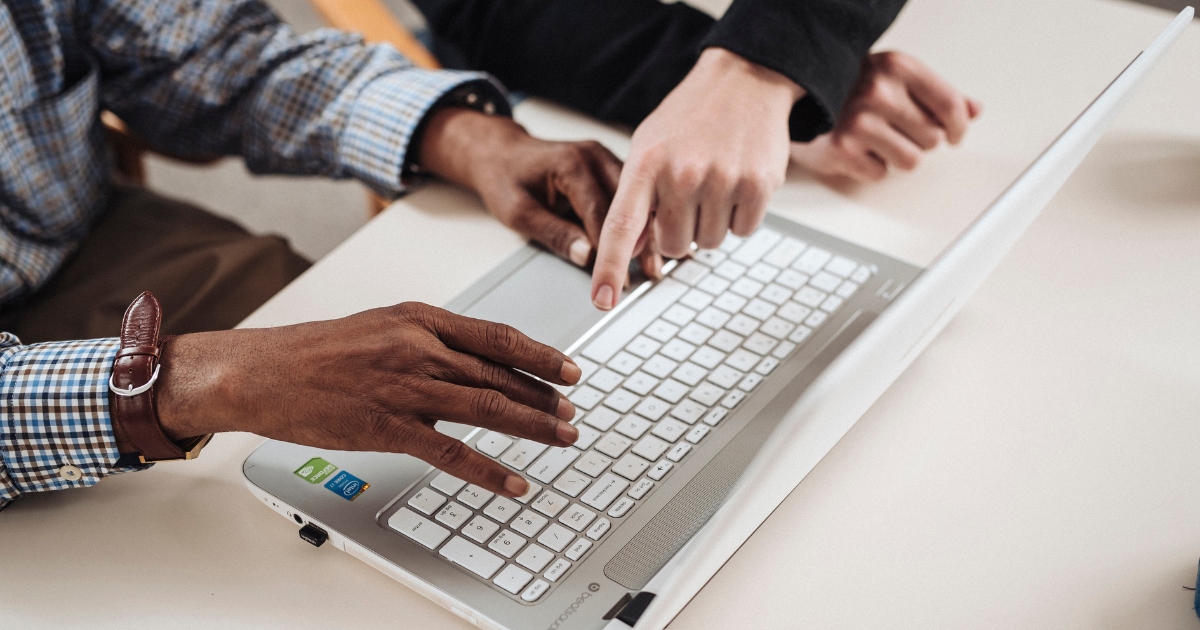
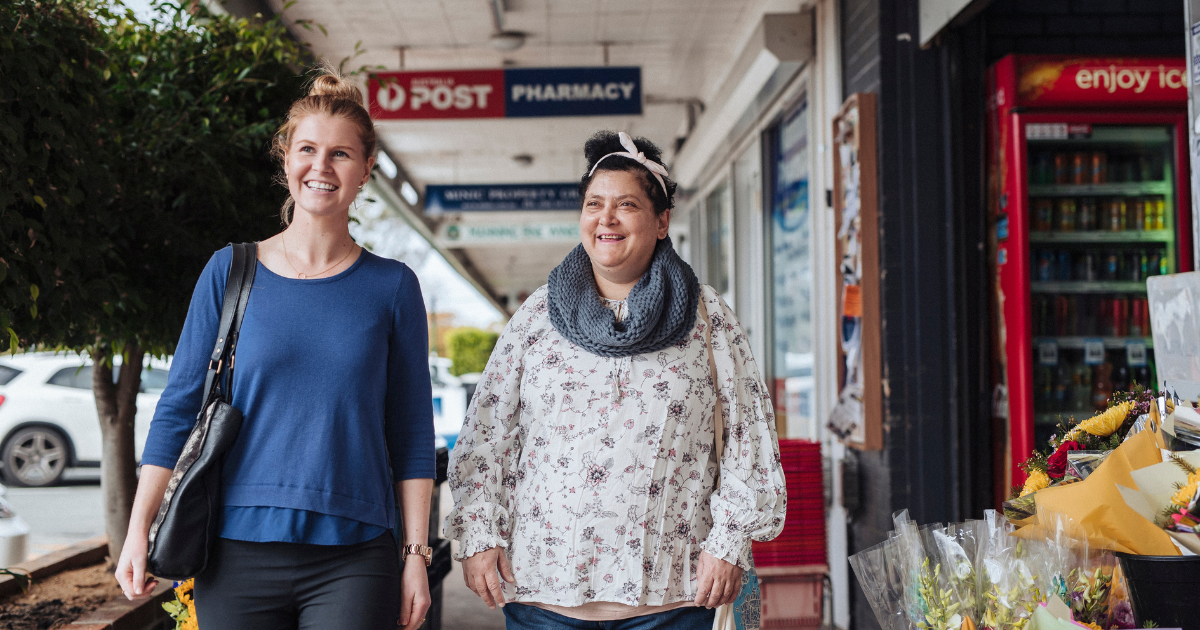
MyTBI - Support Resources
Recovering from a traumatic brain injury (TBI) can be challenging, but myTBI is here to help. Created by Brightwater with the University of Western Australia and the Neurotrauma Research Program, these easy-to-follow modules guide you through recovery—from the early days after injury to long-term healing. They focus on the emotional and social aspects of recovery and are helpful for people with a TBI, as well as their families and caregivers. With 13 modules covering three key stages—Acute (0–3 months), Post-Acute (3–12 months), and Chronic (12+ months)—myTBI provides clear, supportive information at every step.
Access the modulesKeeping us in Mind
When a parent or family member has a brain injury or younger onset dementia, it can be confusing and stressful for children and young adults. Keeping Us in Mind is here to help. This program was created with families and experts to better understand what it’s like for young people when a parent’s health changes. It provides support, information, and guidance to help children, teens, and young adults cope with the challenges that come with a family member’s brain injury.
Access the resources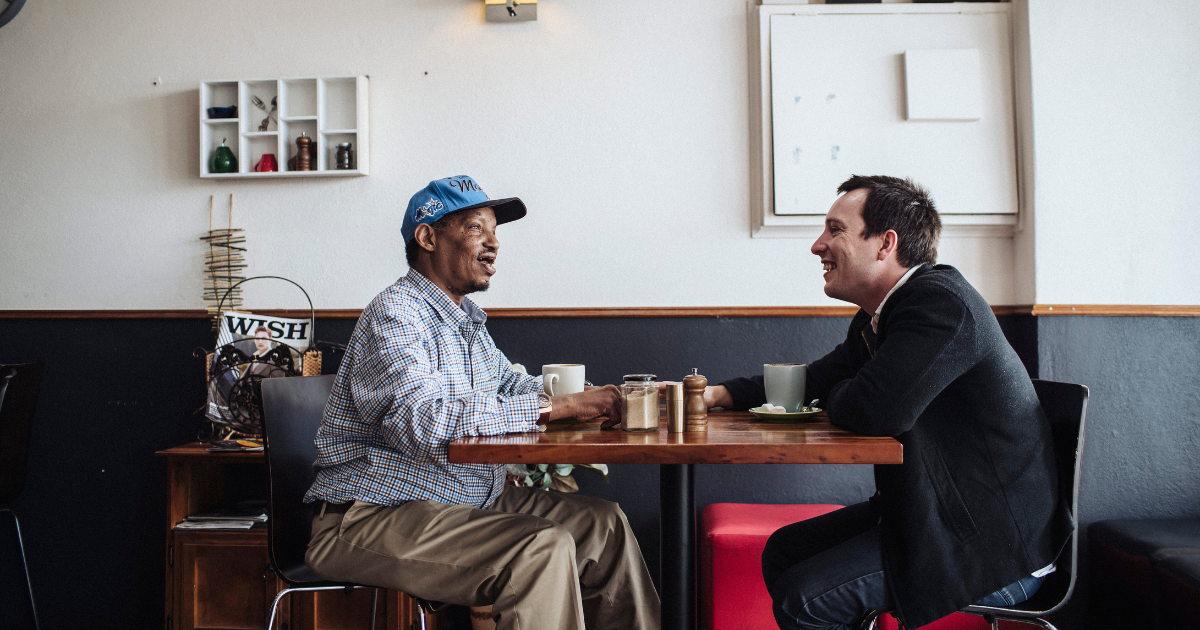
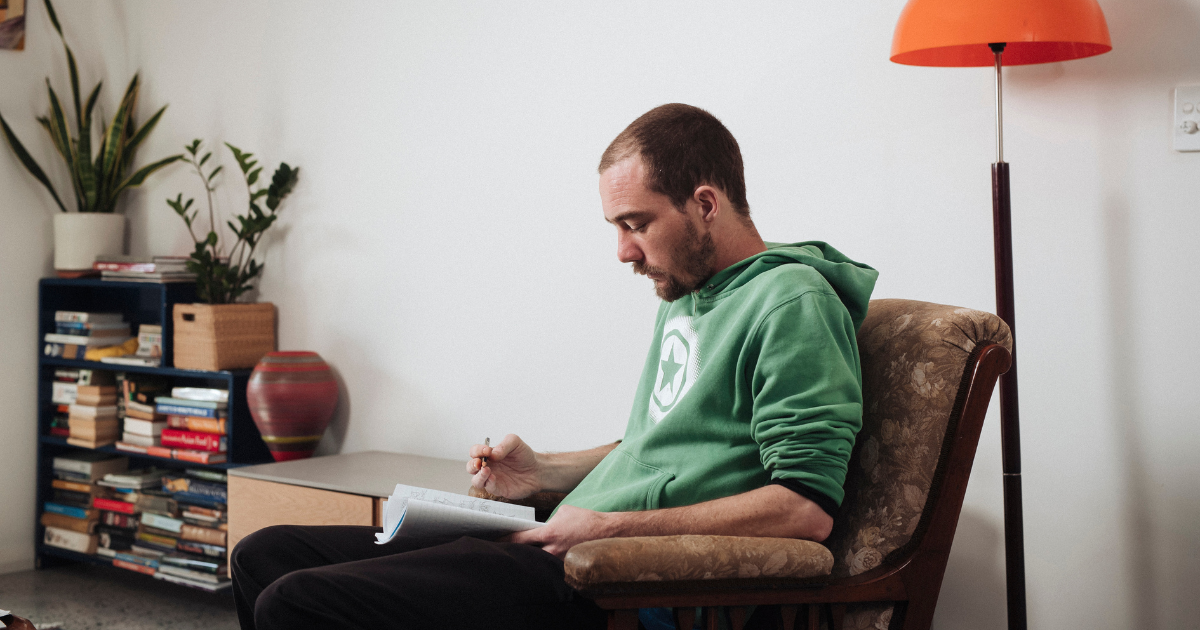
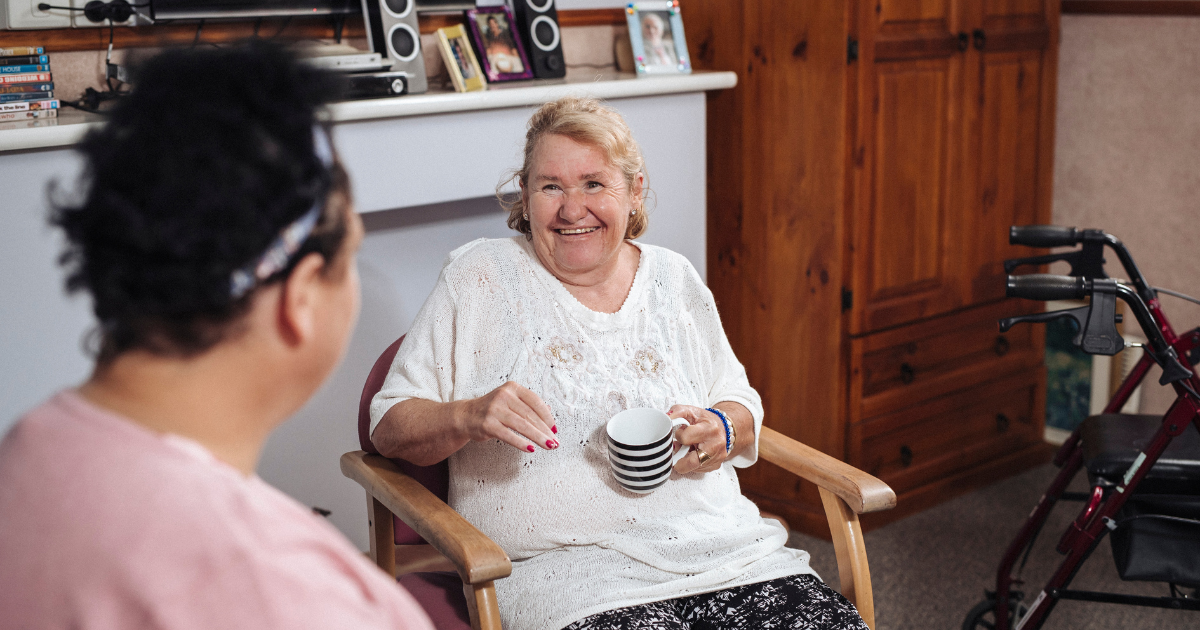
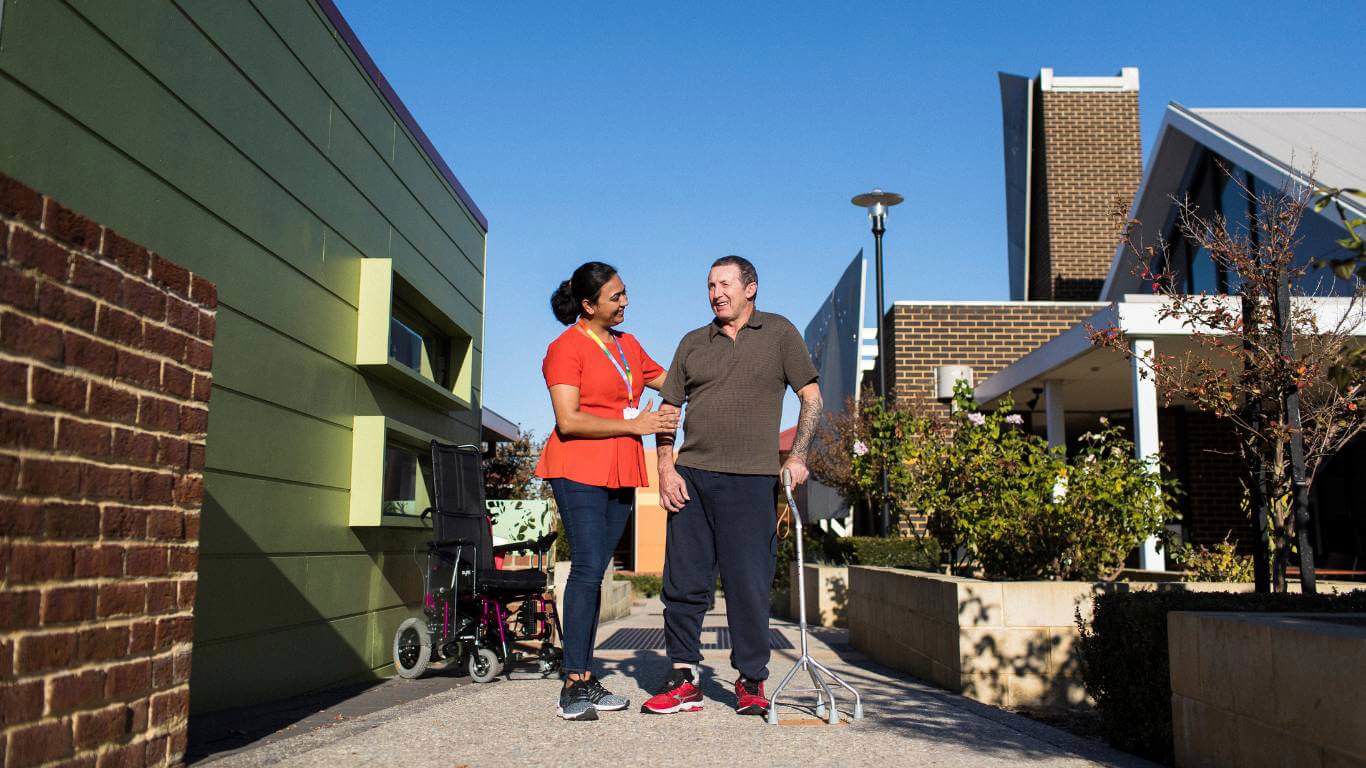
UKROC
Rehabilitation for individuals with an ABI can help people regain their independence, which can reduce the need for ongoing care. The Brightwater Centre for Research & Innovation is investigating how a person’s functional independence and care needs evolve from the time they enter the program to when they exit. Based on these changes, we will estimate whether their lifetime care costs are likely to decrease.
Discover moreOther Resources
Brain Injury Fact Sheets
Brightwater, in partnership with Uppsala University Hospital in Sweden, has created easy-to-read fact sheets to help people understand life after a brain injury. These fact sheets explain what to expect during recovery and give practical tips to make everyday life easier.
Living with acquired brain injury Left-sided inattention Memory and brain injury Long-term memory and brain injury Working memory and brain injury.Oat Street Booklet
Discover how our Oat Street approach is unique in brain rehabilitation.
Oat St Rehabilitation for Life BookletDiscover more
Read moreAbout Brightwater
Thrive, connect & belong
We create communities where people connect and belong, thriving through progressive and responsive care.
Whether in your own home, or one of ours, we keep you connected to what matters most, in the communities you belong so you can thrive.
Neurological specialists
As specialists in acquired and progressive neurological conditions we support people living with Brain Injuries, Dementia, and Huntington's Disease to reach their full potential. Designing bespoke programs and world leading homes including BrightRespite, Piara Waters Huntington's Disease and Oats Street brain rehabilitation, to provide innovative care and a pathway to greater independence.
Responsibility for research & innovation
We are the only WA aged care and disability provider with a dedicated Centre for Research & Innovation – a hub of discovery, collaborating with national and international universities to find innovative solutions to improve the quality of lives of our clients.
Not-for-profit since 1901
For over 100 years, we’ve been there for West Australians from all walks of life. With humble beginnings in Subiaco, today we provide services all across Perth.


